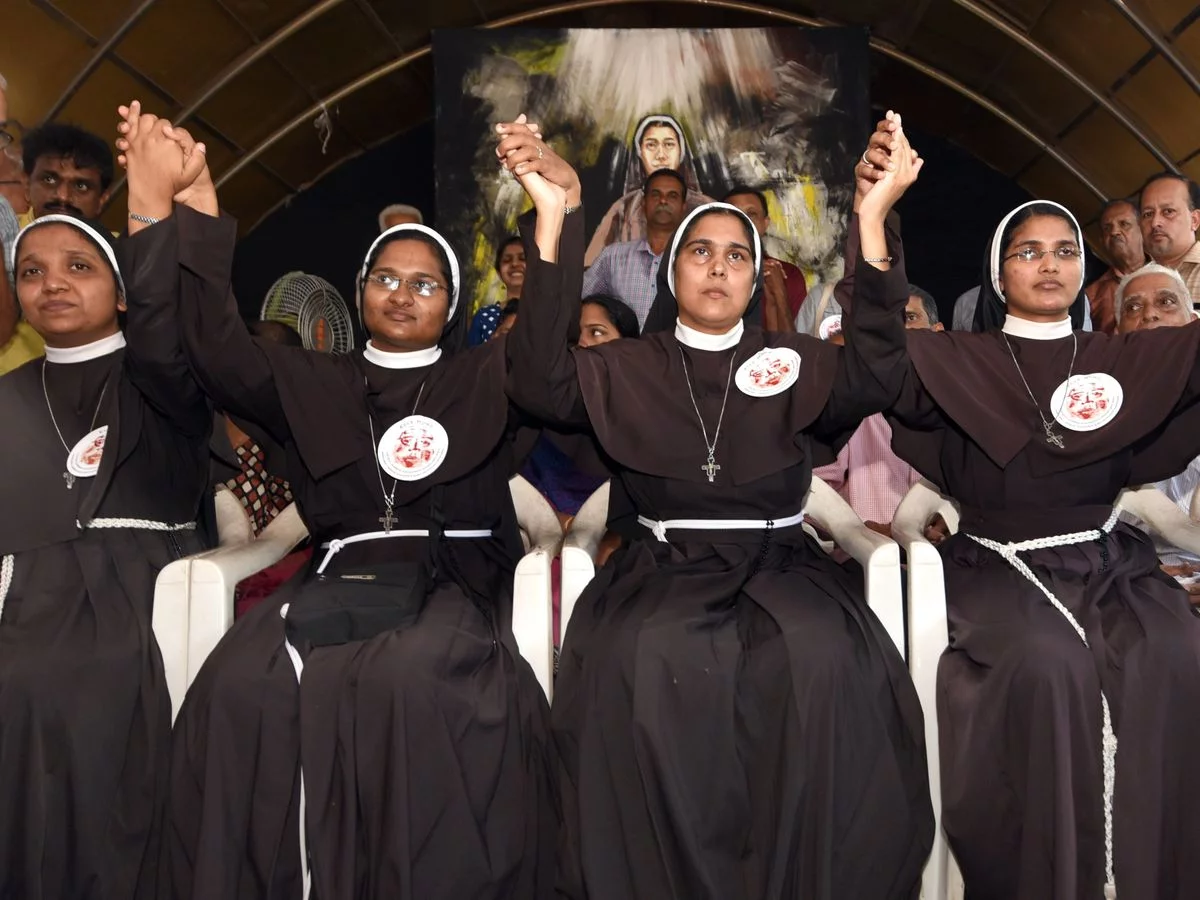Gambari I am Mahishasur
I am towards your head rest
Listen few words of me
I am very tired
Yet I will tell you the
Sad stories of mine
Durgashri, with her ten hands
Beats with mace, cuts me with sword and stabs me with trishul
–Deva Kanta Ramchiary
(To read the complete poem, click here)
Celebration of Mahishasur happens in different part of India, as part of tribal culture and narration of indigenous hero Mahishasur, the king of their land. Taking this poem as my reference point, I would like to draw attention to different cultural practices that continue to be part of present day Assam. There are multiple ethnicities, castes, languages, and religious societies, and strong influence of Vaishnavism which challenged the Brahminical culture and practice in the past. However, it cannot be limited to understand the present day state of Assam as we have to question critically the extent of inequality faced by the tribal society in connection of the practices revolve around religion and religious belief.
This poem impels me to think about a lot of things. What is the position of minorities in religious practices? Do we really pay attention to what they are feeling when state sponsored festivals get limelight all over the public spaces? Where the people of the state who are never accepted and are still considered as untouchable in the society, who have to constantly wonder how they can participate in the religious festival which is outside their social capacity to perform?
the lack of acceptance of tribal philosophy, ponders around the hatred in certain time but yet it is not that these ethnic communities are not living in co-existence in this area.
The poet speaks from the position of the Bodo society that has seen continuous labelling of taboos as well as appropriation by the Assamese culture. He saw his community getting disowned by namghar (place of worshipping sankardev) and temple, even when their people converted to different Hindu sects like Jaiguru followers, Krishnaguru followers, or became saranias (becoming follower of Shankardev) – yet never were they treated equally by the other majoritarian Hindu followers of Bengali, Assamese, other Hindi speaking, and Nepali descent. The lack of acceptance of tribal philosophy, ponders around the hatred in certain time yet it is not that these ethnic communities were not living in co-existence in this area.
Also read: Is Our Society Ready For A Gender-Sensitised Understanding Of Devi?
Today the biggest threat to the tribal land and forest area is not only from the developmental industries, but also from the hijacking of the indigenous culture from the industries run by the Hindu sentimentalities. Even supposedly secular places like schools, colleges, or government services consider holidays either of these kinds, that is, puja holidays or holidays celebrating mainly the national hero. Where is the tribal society in Assam standing today? Only in the rallies protesting to communicate with the state, to share their grievance?
Does the poem only talk about tribal heroism? Just because Mahishasur conquered three worlds, does it mean he needs to be killed by Savarna goddesses? Why can’t the Savarnas accept the leadership of the Avarnas? Can we understand it in relation to the movement led by the tribal society of Assam from this poetic expression?
In line with this, I wish to ask that if Durga symbolises a powerhouse, and women’s empowerment, and victory over evil, then where are Avarna women in this celebration? Poet calling Mighty women of his community to listen to him, who is tired but still, need to discuss what they can do. In relation to this point I would now discuss what Bodo women in the state of Assam is doing during this time of spring.
if the Durga symbolises a powerhouse, and women’s empowerment, and victory over evil, then where are Avarna women in this celebration?
The women representing the Mahila Manch in the All Bathou Religious Union, ABRU (1993) which is also known as All Bathou Mahasabha is one of the important organisation of Bodo society now which is built to revive their religion ‘Bathaou’. They organise three-day events during the same time that Durga puja is celebrated. The main purpose of this event which planned various conference, workshop and counselling camp for the youth to empower their students with career counselling, and to re-build their religious consciousness embracing their Bodo identity.
On the one side Avarna men are targeted, as they had so-called conquered the land of devi and devtas of Hindu mythology. But in reality the land is owned by the Avarnas, its tribal belt and block. Here, in this case Bodos who are indigenous to this land, protesting the hue and cry of Hindu festival which could be seen in the events of All Bathou Mahasabha. While attending events like these, I feel a deep connection to Bodo women challenging the politics which cash in the name of vote bank. At the same time they are building their platform of ‘native womanhood’.
Also read: Durga Puja: Whose Destruction Are We Celebrating Exactly?
So if we have to fear something, it is not the ‘evil’ portrayed by the ‘durgotinashini celebration’ but the evil process by which an indifferent attitude is produced in society towards the sentiments of indigenous societies.
Jai Bhim, Hul Johar!
Featured Image Source: Daily O
About the author(s)
Dona Biswas is pursuing her PhD in Women and Gender Studies from Ambedkar University Delhi. Her research interests include gender, caste and migration, women’s movement and women in movement, North-East Studies.




